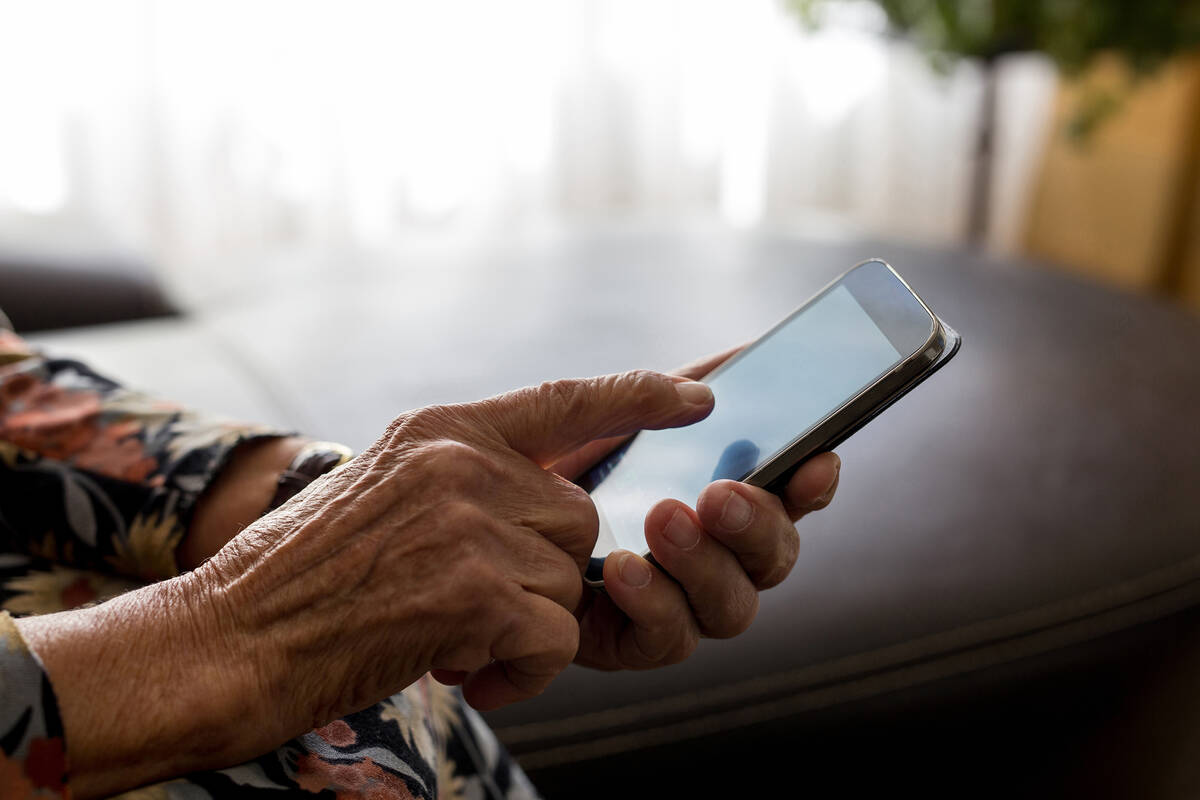Daily check-in services can safeguard seniors who live alone
Dear Savvy Senior: Can you recommend any services that check in on elderly seniors who live alone? I live about 200 miles from my 82-year-old mother and worry about her falling or getting ill and not being able to call for help. — Worrywart Daughter
Dear Worrywart: There are actually several different types of check-in services, along with some simple technology devices that can help keep your mom safe at home while providing you some peace of mind. Here are some top options to look into.
Check-in app: If your mom uses a smartphone, a great solution to help ensure her safety is Snug (SnugSafe.com), a free app that would check in on her every day to confirm she’s OK. This app is used by thousands of elderly seniors who live alone and want to make sure that if something happens to them, their loved ones will be notified quickly so they can receive help in minutes, rather than days.
Here’s how it works. After downloading the app, your mom will choose what time(s) throughout the day she’d like for Snug to check in. Snug will send a push notification at those times asking your mom to check in by tapping the big green check button on her smartphone screen. If she doesn’t check in within 10 minutes or respond after multiple pings, Snug will notify her emergency contacts and share her last known location so that she can receive fast help.
For extra peace of mind, your mom can purchase Snug’s premium plan ($10/month) where in addition to notifying her emergency contacts, Snug will request an in-person wellness check by a police officer who will visit her house to confirm she’s OK and provide assistance as needed. The app works with iPhone and Android smartphones.
Check-in calls: If your mom doesn’t use a smartphone, another option to help ensure her safety is a daily check-in call service program. These are telephone reassurance programs usually run by police or sheriff’s departments in hundreds of counties across the country and are usually provided free of charge.
Here’s how they work. A computer automated phone system would call your mom at a designated time each day to check in. If she answers, the system will assume everything is OK. But if she didn’t pick up or if the call goes to voice mail after repeated tries, you (or whoever her designee is) would get a notification call. If you are not reachable, calls are then made to backup people who’ve also agreed to check on your mom if necessary.
The fallback is if no one can be reached, the police or other emergency services personnel will be dispatched to her home.
To find out if this service is available in your mom’s community, call her local police department’s nonemergency number. You should also check with the Area Agency on Aging in your mom’s area — call 800-677-1116 for contact information.
If, however, her community doesn’t have a call check-in program, there are businesses like CARE (Call-Reassurance.com) and IAmFine (Iamfine.com) that offer similar services for under $15 per month.
Technology devices: You may also want to invest in some simple technology aids to keep your mom safe. One of the most commonly used devices for this is a medical alert system that cost about $1 per day. These systems come with a wearable “help button” that would allow her to call for help 24/7.
Another option that’s becoming increasingly popular is smart speakers, like Amazon Alexa or Google Home. These devices work with third-party applications — AskMyBuddy.net and MySOSFamily.com — that would let your mom to call multiple emergency contacts with a simple verbal command.
And be sure to check out Amazon’s Alexa Together (Amazon.com/AlexaTogether), a new $20 monthly subscription service that helps families support and keep tabs on their older loved ones who live alone through an Alexa-enabled device.
Send your senior questions to: Savvy Senior, P.O. Box 5443, Norman, OK 73070, or visit SavvySenior.org.


















